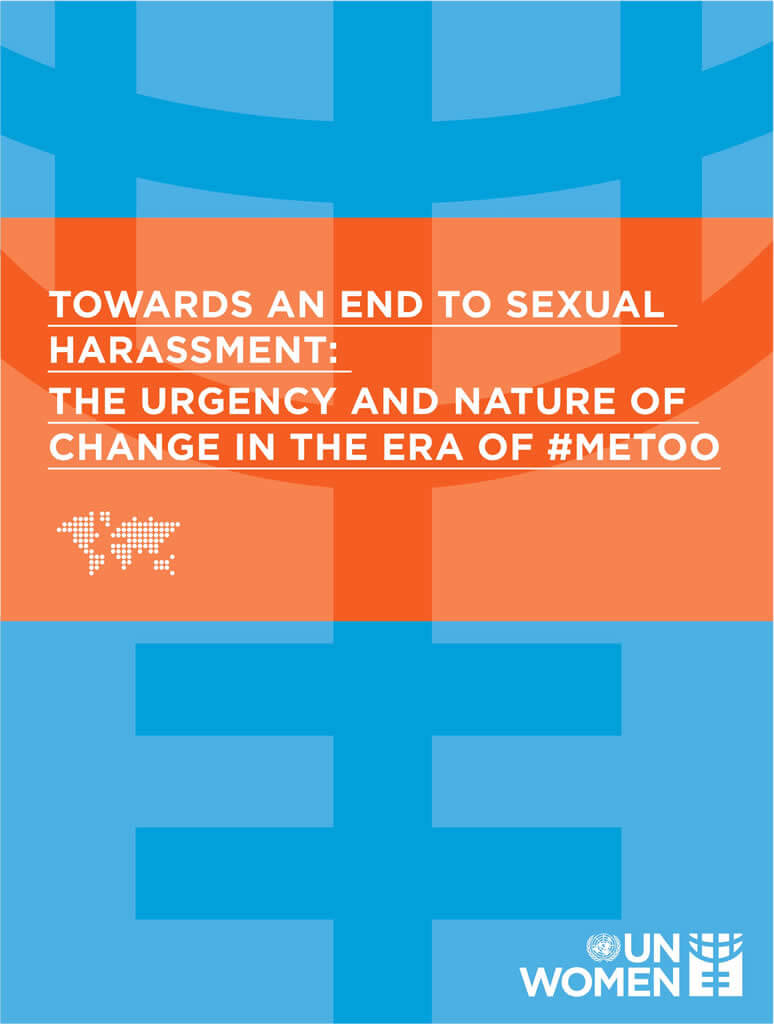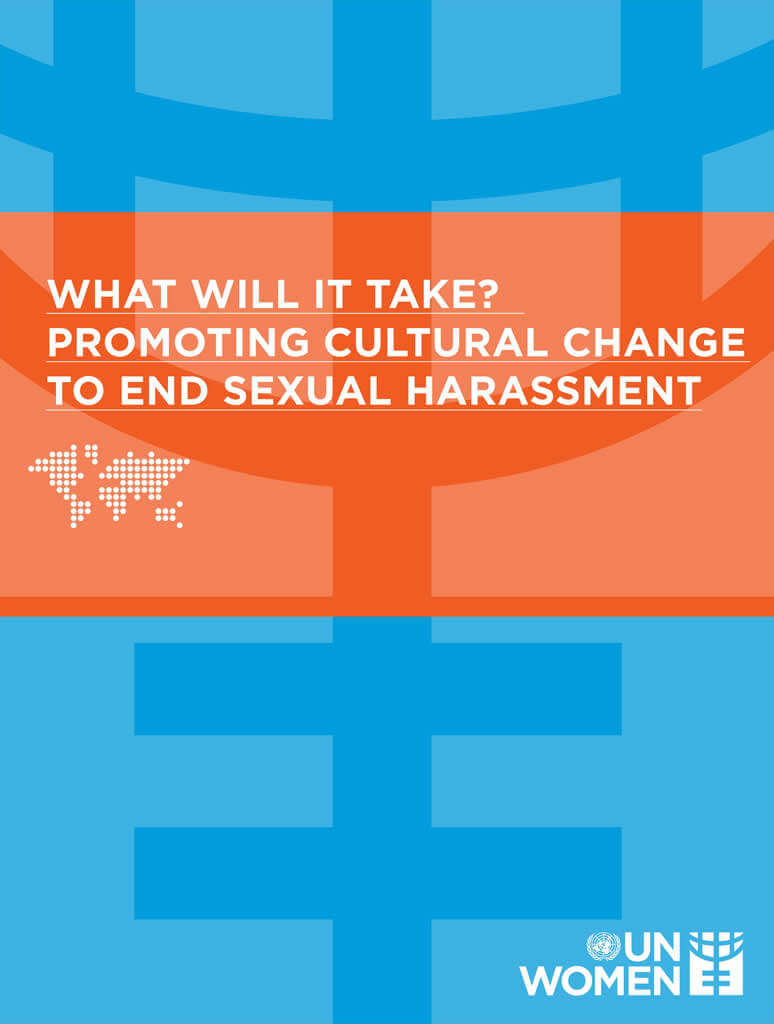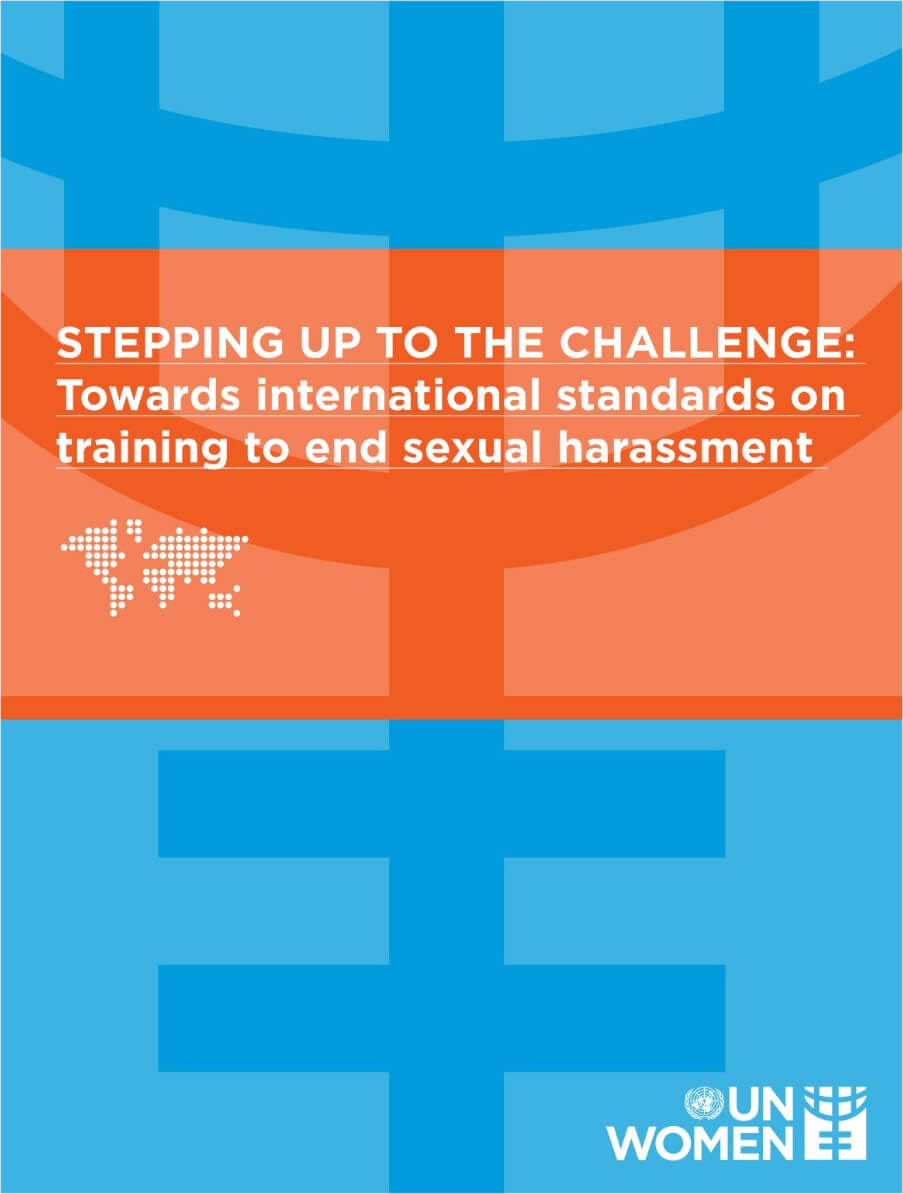Other areas of work: Ending violence against women
Violence against women and girls is continuing to evolve. With new types of violence emerging, as well as a better understanding of its multitude of causes, UN Women seeks to find the best ways to use its resources in these emerging areas of work.
Harmful practices
Harmful practices can include female genital mutilation (FGM), child marriage or early marriage, dowry-related violence, witchcraft or sorcery–related violence, various taboos or practices about women’s bodies, son preference, and female infanticide. An estimated 650 million girls and women alive today were married as children, and at least 200 million girls and women alive today have undergone some form of FGM. Such practices persist because they are associated with perceived gender roles and social norms. These practices are often associated with serious forms of violence or are themselves forms of violence against women and girls. UN Women works with civil society organizations, governments, and UN partners to strengthen the linkages between gender inequality, violence against women and girls, and harmful practices to address these issues in a comprehensive way and to ensure the use of a gender transformative approach.
Trafficking in women and girls
Women and girls represent 72 per cent of detected trafficking victims globally, with girls representing almost 77 per cent of children who are trafficked. As such, working in partnership with other UN agencies and international organizations, UN Women is an active member, and co-chair from 2019 to 2020, of the Inter-Agency Coordination Group against Trafficking in Persons. The group facilitates a comprehensive global approach to preventing and combating trafficking in persons, including protection and support for victims and survivors. In 2020, the COVID-19 pandemic is exacerbating the existing vulnerabilities of at-risk groups, especially women and girls.
Addressing sexual harassment
Between 2018 and 2020, the Office of UN Women’s Executive Coordinator and Spokesperson on Addressing Sexual Harassment, led by Ms. Purna Sen, worked on addressing sexual harassment inside and outside the United Nations. The Office worked to advance the rights of victim-survivors of sexual harassment wherever they were and promoted the cultural change needed to end this form of discrimination. The Office worked to further the understanding of sexual harassment as a violation of human rights that links with patterns of violence and to identify promising practices towards ending it.
Online and ICT-facilitated violence
While there is still a lack of comprehensive global definition and data on online and ICT-facilitated violence, research suggests that women are both disproportionately targeted and suffer serious consequences as a result. During COVID-19, women and girls are using the internet more than ever to stay connected with the world, but they are also the targets of online violence in the form of physical threats, sexual harassment, stalking, zoombombing, and sex trolling, among others. UN Women is asking governments to commit to enhancing women’s and girls’ online safety and is supporting women’s organizations to address online and ICT-facilitated violence during COVID-19 and beyond.


